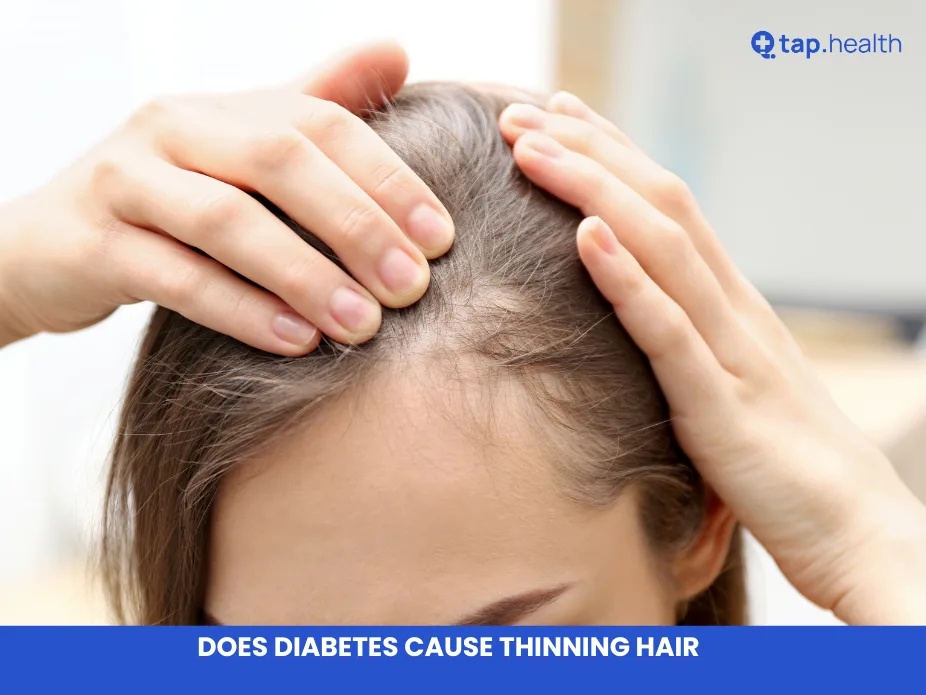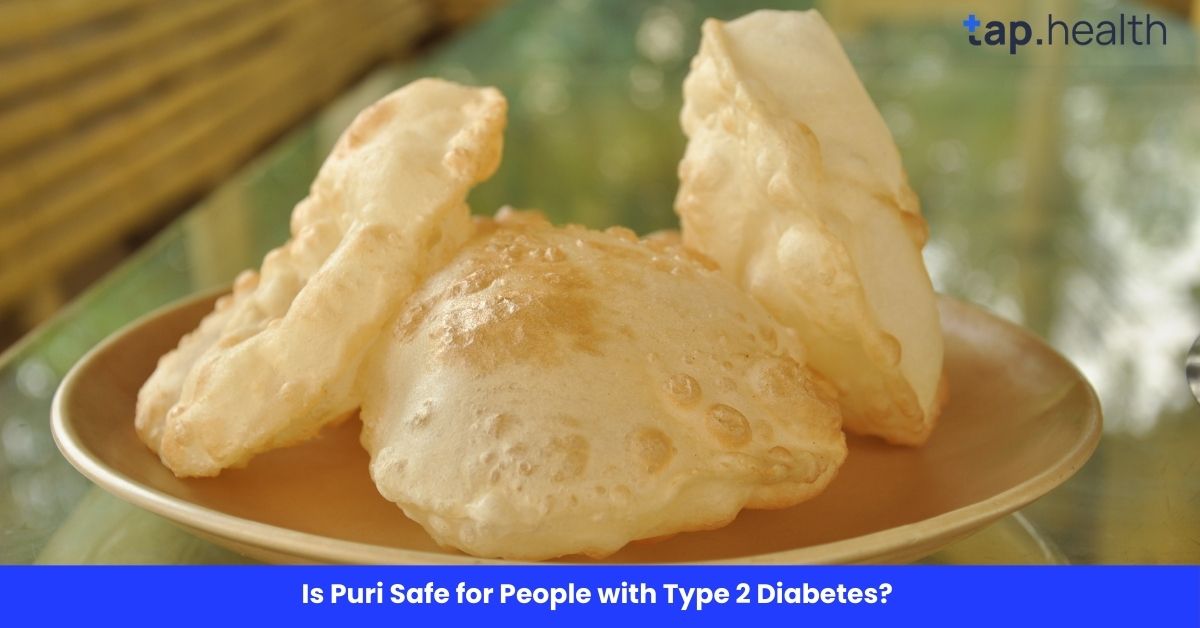Living with diabetes comes with its set of challenges, from managing blood sugar levels to dealing with various health complications. One such concern that many people wonder about is hair loss. So, does diabetes cause thinning hair? Let’s dive into this topic and explore the connection between diabetes and hair health.
Understanding Diabetes and Its Types
Before we explore how diabetes might affect your hair, it’s essential to understand what diabetes is. Diabetes is a chronic condition that affects how your body processes blood sugar (glucose). There are mainly two types:
- Type 1 Diabetes: This is an autoimmune condition where the body attacks insulin-producing cells in the pancreas. People with Type 1 diabetes need insulin injections to manage their blood sugar levels.
- Type 2 Diabetes: This type occurs when the body becomes resistant to insulin or doesn’t produce enough insulin. It’s more common and often linked to lifestyle factors like diet and exercise.
Both types of diabetes can lead to various health issues if not managed properly, including potential impacts on hair health.
How Diabetes Can Affect Hair Health
Hair growth is a complex process influenced by hormones, nutrition, and overall health. Diabetes can interfere with this process in several ways:
- Poor Blood Circulation: High blood sugar levels can damage blood vessels, reducing blood flow to the scalp. This lack of circulation means hair follicles may not receive the necessary nutrients to grow healthy hair.
- Hormonal Imbalance: Diabetes can lead to hormonal changes that affect hair growth cycles. This imbalance can cause hair to enter the shedding phase more quickly, leading to thinning.
- Stress and Inflammation: Living with diabetes can be stressful, and chronic stress is a known factor in hair loss. Additionally, diabetes can cause inflammation in the body, which may also impact hair health.
- Nutritional Deficiencies: Managing diabetes often involves dietary restrictions. If not balanced correctly, this can lead to deficiencies in essential nutrients like iron, zinc, and vitamins, which are vital for hair growth.
Real-life Scenarios
Let’s look at some real-life stories to understand how diabetes can lead to thinning hair.
Rajesh’s Story
Rajesh, a 45-year-old from Mumbai, was diagnosed with Type 2 diabetes five years ago. Initially, he managed his condition with medication and diet changes. However, over the past year, he noticed his hair was thinning, especially around his temples. Concerned, Rajesh visited his doctor, who explained that poor blood sugar control might be affecting his hair follicles. By improving his blood sugar management and incorporating a balanced diet rich in vitamins, Rajesh saw an improvement in his hair health.
Anika’s Experience
Anika, a 30-year-old from Delhi, was diagnosed with Type 1 diabetes during her teenage years. She struggled with hormonal imbalances and noticed her hair was becoming thin and brittle. Anika consulted a dermatologist who recommended treatments and supplements to strengthen her hair. Alongside her diabetes management, Anika’s hair gradually became healthier.
Expert Contributions
Dr. Priya Mehta, an endocrinologist at the All India Institute of Medical Sciences (AIIMS), explains, “Diabetes can indirectly lead to hair thinning through various mechanisms like poor circulation, hormonal changes, and increased stress levels. It’s crucial for diabetic patients to manage their blood sugar levels effectively and maintain a balanced diet to support overall health, including hair health.”
Recommendations Grounded in Proven Research and Facts
If you’re experiencing thinning hair and have diabetes, here are some evidence-based recommendations to help manage and potentially reverse hair loss:
- Maintain Blood Sugar Levels: Keeping your blood sugar within the recommended range is crucial. This helps prevent damage to blood vessels and nerves, ensuring proper blood flow to the scalp.
- Balanced Diet: Incorporate foods rich in vitamins and minerals essential for hair growth. This includes:
- Iron: Found in leafy greens, lentils, and red meat.
- Zinc: Present in nuts, seeds, and whole grains.
- Vitamin D: Available from sunlight exposure and fortified foods.
- Protein: Essential for hair structure, found in eggs, dairy, and legumes.
- Manage Stress: Practice stress-reducing activities like yoga, meditation, or regular exercise. Reducing stress can help prevent hair loss related to hormonal imbalances.
- Proper Hair Care: Use gentle hair care products, avoid excessive heat styling, and protect your hair from harsh weather conditions.
- Consult Healthcare Professionals: Regular check-ups with your doctor and dermatologist can help identify and address any underlying issues contributing to hair loss.
- Medication Review: Some diabetes medications may have side effects that include hair thinning. Consult your doctor if you suspect your medication is affecting your hair.
Factual and Reliable Information
Research has shown a link between diabetes and hair loss. A study published in the Journal of Endocrinology found that insulin resistance, a hallmark of Type 2 diabetes, can lead to hormonal imbalances that affect hair growth cycles. Additionally, the American Diabetes Association highlights that diabetes can cause poor circulation and nerve damage, both of which can contribute to hair thinning.
Maintaining good diabetes control is not just about preventing major complications like heart disease or kidney damage but also about preserving your quality of life, which includes aspects like hair health.
FAQ on Does Diabetes Cause Thinning Hair
1. Can controlling diabetes reverse thinning hair?
Yes, managing your blood sugar levels effectively can help improve blood circulation and reduce the factors causing hair loss. In many cases, hair health improves once diabetes is well-managed.
2. Is hair thinning a common symptom of diabetes?
While not everyone with diabetes will experience hair thinning, it is a recognized complication. Factors like poor blood circulation, hormonal imbalances, and nutritional deficiencies associated with diabetes can contribute to hair loss.
3. How long does it take to see improvement in hair health after managing diabetes?
It varies from person to person. Some may notice improvements within a few months, while for others, it might take longer. Consistency in diabetes management and hair care routines plays a significant role.
4. Are there specific treatments for hair loss in diabetic patients?
Treatments include topical solutions like minoxidil, nutritional supplements, and, in some cases, medications to address underlying hormonal issues. It’s essential to consult a dermatologist to determine the best treatment plan.
5. Can stress from managing diabetes cause hair loss?
Absolutely. Chronic stress can lead to a type of hair loss called telogen effluvium, where hair follicles enter the shedding phase prematurely. Managing stress is crucial for overall health and hair preservation.
Conclusion
Diabetes can indeed contribute to thinning hair through various mechanisms like poor blood circulation, hormonal imbalances, and nutritional deficiencies. However, with proper management of diabetes, a balanced diet, stress reduction, and appropriate hair care, it’s possible to mitigate these effects and maintain healthy hair.
If you’re experiencing hair thinning and have diabetes, it’s essential to consult healthcare professionals to address both your diabetes and hair health effectively. Remember, taking proactive steps towards managing your condition can lead to better overall health and improved quality of life.



